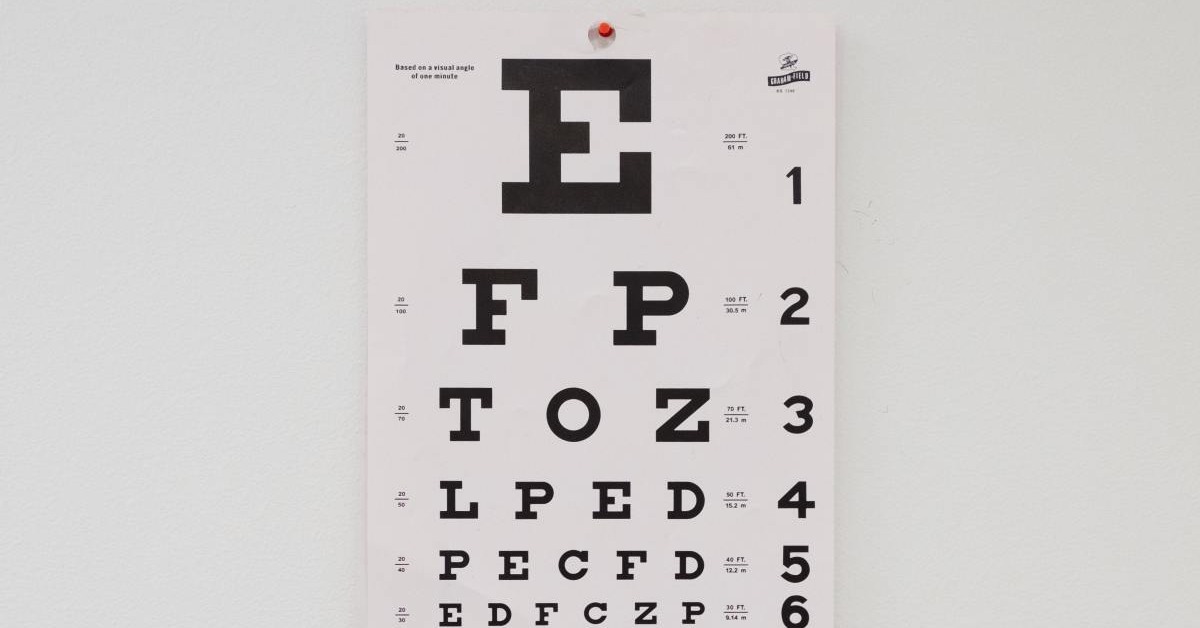
Should You Get a Master's Degree in Homeland Security?
A degree in homeland security can help graduates begin or [...]

This website may earn a commission if you make a purchase after clicking on a product link in this article
In his 2015 book, “Our Kids: The American Dream in Crisis,” Harvard University social scientist Robert Putnam paints a troubling picture of the prospects for upward mobility in America today. Among the critical factors he identifies as contributing to reduced mobility: educational opportunity across classes.
“Poor kids, through no fault of their own, are less prepared by their families, their schools, and their communities to develop their God-given talents as fully as rich kids,” Putnam writes. “For economic productivity and growth, our country needs as much talent as we can find, and we certainly can’t afford to waste it.” Putnam argues that even if educational opportunity is only one of several contributing factors, it could still be a big part of the solution.
Putnam asserts that alongside actions to diminish economic inequality—such as a higher federal minimum wage, for example—education reform is essential to saving the American dream. Who will help effect the necessary changes? With a Doctor of Education (EdD) in education policy degree, you could be among the leaders who formulate innovative standards to close the education gap—and meet the needs of students for generations to come.
What can you do with an EdD in education policy? In this article, we’ll address that question by discussing:
EdD in education policy programs provide students with an in-depth understanding of education policy-making history and process. It also trains students in the skills to analyze and inform policies at every level of the US education system.
Programs typically include foundational courses in research methods and critical topics in education policy. They also offer various elective courses in such areas as language policy, privatization and education reform, law, and public policy, among other focus areas.
| University and Program Name | Learn More |
|
Merrimack College:
Master of Education in Teacher Education
|
|
|
American University:
Masters in Education Policy and Leadership
|
EdD in education policy prerequisites vary from program to program. However, since the pathway is intended for students who aspire to work as leaders in policy and practice, programs almost always require applicants to have a minimum amount of professional experience in the education field as well as a master’s degree in a relevant discipline.
While bypassing a master’s program may not be an option in some programs, others may allow students who lack a master’s degree to complete a number of graduate-level credits before enrollment. Some programs in the field may also require students to submit standardized test scores, such as GRE and GMAT. Others may be test-optional or do not require them at all.
Additional requirements may include:
The time it takes to complete an EdD in education policy varies by program. In general, students can expect to spend approximately three years pursuing their degree: about two years of study, followed by an extensive dissertation or capstone project.
The EdD in Education Policy and Leadership at American University, for example, is an online, part-time program that typically takes students less than three years to complete.
There are some EdD programs in education policy that accept students who have not yet earned a master’s degree. These programs allow students to complete a master’s degree and then proceed immediately to their doctorate. Such programs can be completed in about five years.
Gaining a specific type of certification after the completion of an EdD in education policy program isn’t required to work in the overall field of education policy. However, graduates may attain particular qualifications that are either necessary or helpful for pursuing particular roles, which we’ll include below.
EdD in education policy graduates have the advanced skills and deep understanding of education systems necessary to make a positive impact on student and teacher outcomes, as well as the success of schools and their surrounding communities. Some of the careers available to them include:
Superintendents oversee the daily operations and the long-range planning of a school district. As the point person for all district matters, this role is largely responsible for supervising school principals and district staff, serving as an adviser to the school board, and managing district financial operations. Superintendents also play a part in establishing schools’ educational standards, designing and implementing curricula, and resolving larger school problems such as campus bullying and discrimination.
While most states do not require superintendents to be certified, some require candidates to hold an active and permanent teaching license. Other states do require superintendent-specific certification, which may involve taking a skills exam, meeting with state officials, or passing other benchmarks.
Education policymakers work in the education departments at local, state, and national governments, where they’re tasked with providing guidance and oversight regarding the impacts of policies and legislation on student achievements and teacher effectiveness. Much of their work revolves around collecting statistical information, chairing discussion forums, and writing briefs on critical educational issues for internal audiences, such as Department of Education staff, or external audiences, such as education executives and administrators.
On a given day, they may work on updating existing legislation to address structural problems in the public or private education system or developing new legislation aimed to reduce barriers to education equality, teacher training, or student success.
The role of a dean in higher education is to oversee one or more departments within a school. Those who manage a specific department or field of study—such as a dean of a school of education or a business school—are typically responsible for faculty decisions within their schools, resource allotment, fundraising, and other administrative duties. While they might not make decisions regarding classroom curriculum, they meet with program directors and professors and visit classes to gauge how their institution can best serve students, faculty, and staff.
College deans who manage administrative departments, such as student affairs, have an essential role in maintaining operations and acting as a direct line of communication between college administrators and student organizations. They may also be responsible for supervising campus programs, handling discipline-related processes and procedures, and developing policies regarding student life.
State representatives are high-level government officials and policymakers who have the power to influence state educational standards and services significantly. Individuals with this title may serve as a US senator or congressperson or work for a state’s educational board or education department.
Their role in education may include improving statewide educational access and quality while catering to the needs and challenges of individual districts, cities, and communities. On a day-to-day level, they may collaborate with other policymakers on annual statewide budgets, review data regarding the performance and spending of school districts within the state, and attend events where they speak on behalf of the state’s educational programs.
Nonprofit organization leaders are typically responsible for managing the daily operations and defining a long-term vision for their agencies. This includes overseeing staff members in specific or multiple departments, building relationships with the public and other related nonprofit organizations, and supervising fundraising and outreach initiatives.
Directors of education policy may work at state agencies, higher education institutions, and private school boards. They often work under the direction of a board of education and an executive director. They are responsible for developing and implementing the policy and legislative agenda of a given organization.
In many states, school administrators—including directors of education policy employed by schools—are required to hold a license. Some states require a teaching license, but others prefer an education administrator license. The requirements for licensure vary by state but typically include a series of exams.
Questions or feedback? Email editor@noodle.com

A degree in homeland security can help graduates begin or [...]

Optometry is a booming profession. Optometrists enjoy above-average job prospects, [...]

Admission to any of the 23 accredited optometry programs in [...]

Earning a Doctor of Optometry typically takes four years, although [...]

he prerequisites for admission to a physician assistant master's program [...]
Categorized as: Educational Leadership & Policy, Education & Teaching